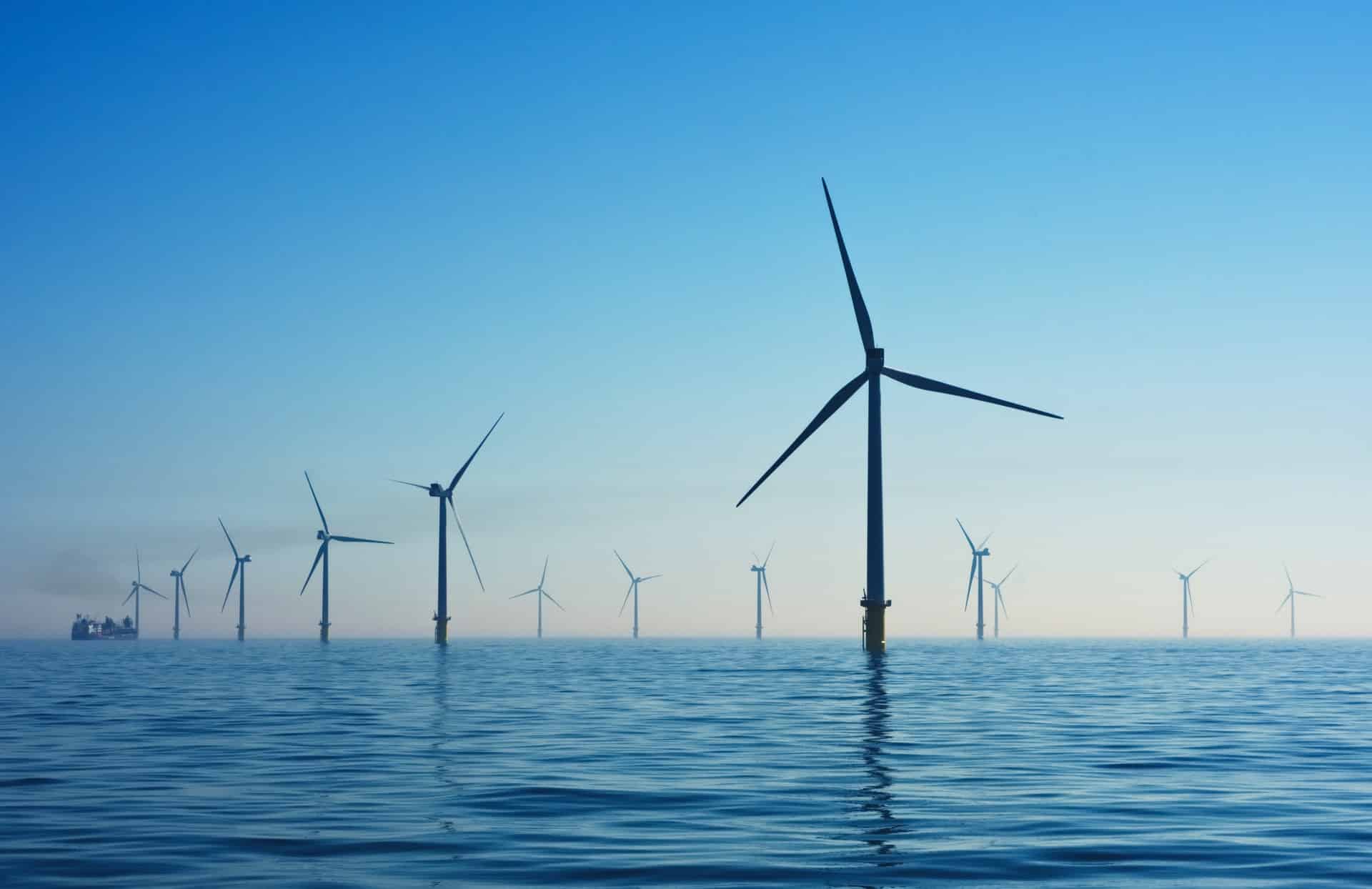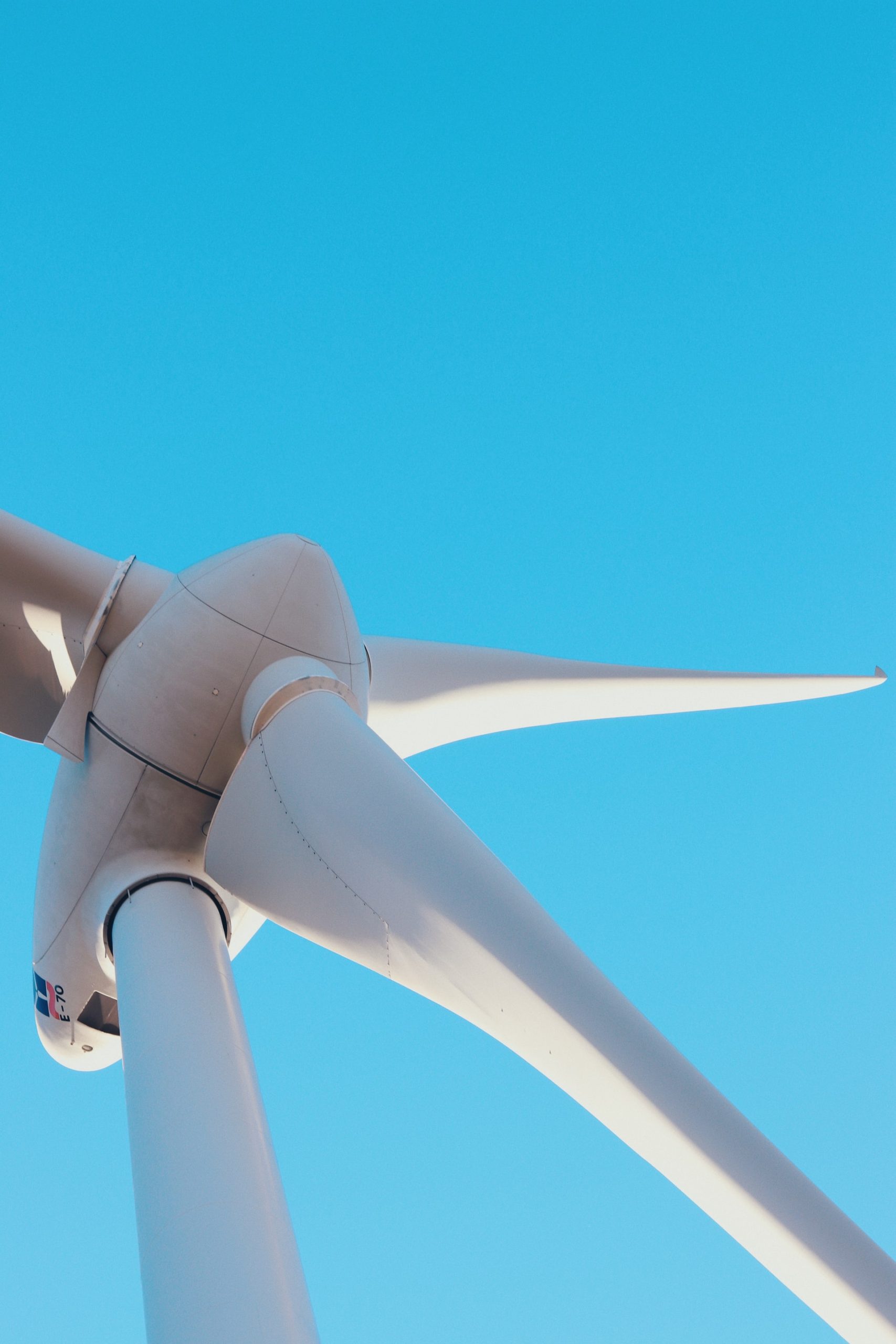The generating of electricity from wind is known as wind power. Wind energy captures the basic energy flow of the atmosphere, which is generated by the sun’s uneven heating of the Earth’s surface. As a result, wind power is an indirect method of capturing solar energy. Wind turbines use wind energy to convert wind energy into electrical energy.
Wind energy has numerous advantages, so it is one of the world’s fastest-growing energy sources. The research aims to figure out how to overcome the obstacles that prevent more people from using wind energy. Keep scrolling down to get more insight about the advantages of wind energy by utility bidder.
IMAGE: UNSPLASH
Clean Energy
Wind energy does not degrade the air in the same way as power plants that burn fossil fuels that are non-renewable, such as coal or gas, do, emitting particulate matter, nitrogen oxides, and Sulphur dioxide, which cause severe health problems and financial losses. Wind turbines do not discharge any pollutants into the atmosphere that create acid rain, smog, or greenhouse gases.
Sustainable Energy
Wind is a type of renewable energy. Winds are formed by the sun’s heating of the atmosphere, the Earth’s rotation, and the irregularities on its outer surface. The energy generated by the sun and the wind can be stored to transmit power along the energy grid for as long as the sun keeps shining and the wind blows.
Wind Farms And Rural Areas
Farmers and ranchers can keep on using the land because wind turbines only take up a minimum portion of it. For the usage of the farm property, wind power plant utilities pay rent to the farmer or rancher, providing additional income to the landowner. This has a significant economic impact in rural areas, where most of the best wind locations are located.
Cost-Effective Solution
After the production tax credit, the land-based utility-scale wind is one of the cheapest energy sources accessible today, costing 1–2 cents per kilowatt-hour. Wind energy changes the price unpredictability that fuel prices add to traditional sources of energy because its electricity is supplied at a fixed price over a lengthy period of time (e.g., 20+ years), and its fuel is free.
Free Cost Of Fuel
There is no requirement for fuel because wind turbine farms run only on the power supplied by the wind. The turbine does not need to be fueled or connected to power once it is completed and mounted to continue working. Compared to other kinds of renewable energy, which may require some energy expenditure, this lowers the overall expected cost of maintaining large-scale wind farms.
Technological Advancement
Because of recent technological advancements, preliminary wind turbine designs have been developed into incredibly efficient energy harvesters. Turbines come in a variety of sizes, allowing them to be used by a variety of businesses and individuals for home use on larger lots and plots of land. As technology advances, so do the structural capabilities, resulting in designs that generate more electricity, require less maintenance, and operate more quietly and safely.
Reduces Dependency On Fossil Fuels
Fossil fuel energy deteriorates climate change, but it will also run out over time. There is an infinite supply of wind as long as the sun heats the planet. Furthermore, inventing and investing in technology that can only run on a finite resource—one that we may deplete within our lifetime—is a terrible waste of human capital, private finances, and tax dollars.


COMMENTS